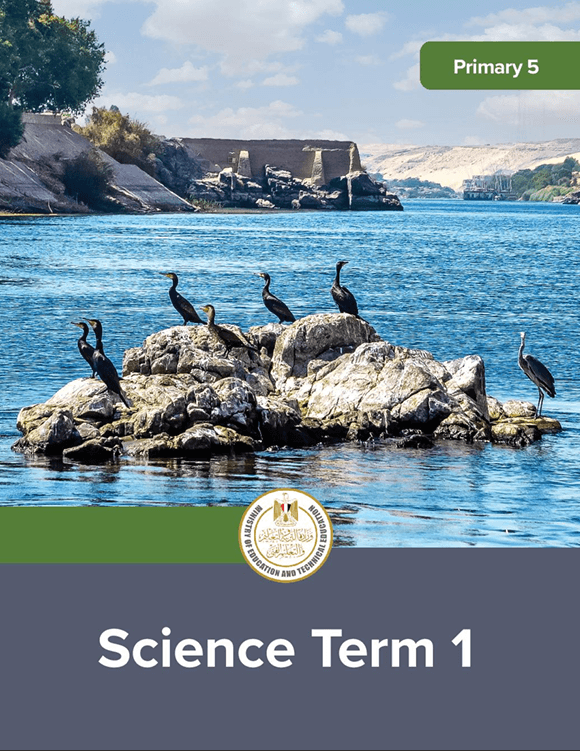Science Techbook-Grade 5 - Term 1
Klassenstufen:
Bildungssystem: National English

1. Understand how energy flows through ecosystems and how organisms interact within food chains and food webs.
Lernziele:
1. Explain how plants use sunlight, air, and water to produce their own food.
2. Describe the roles of producers, consumers, and decomposers in an ecosystem.
3. Illustrate how energy from the sun flows through plants and animals.
4. Investigate the effects of interruptions in a food chain on an ecosystem.
5. Apply knowledge of ecosystems by building a miniature ecosystem model.
Module
1. Plant Needs
1. 1. Lesson 1
Lernergebnisse:
1. Students learn to explain how the structures of a plant enable it to perform life processes—namely, using water, air, and light to generate food through processes like photosynthesis.
2. Students begin interpreting the concept of energy flow. They observe and record evidence about how energy moves through ecosystems (for example, from the sun to plants and then through food chains).
3. Through inquiry-based activities such as 'Can You Explain?' and hands-on investigations, students practice important skills. These include making predictions, gathering evidence, and sharing and discussing their findings with peers.
4. The lesson also encourages the development of life skills. For example, learners are prompted to share ideas, reflect on their preconceptions, and apply scientific reasoning as they build models and record observations in data tables.
1. 2. Lesson 2
Lernergebnisse:
1. Students learn to explain the role of essential resources (water, air, light, and sometimes soil) in facilitating plant growth. They predict, measure, and compare plant growth under different conditions and record their findings over time.
2. Students develop an understanding of energy flow in ecosystems. They are expected to analyze and discuss how energy captured by producers (plants) moves through various trophic levels in food chains as it supports the survival of consumers and decomposers.
3. Students practice scientific inquiry skills by making predictions, gathering and recording data, and evaluating evidence from experiments and observations. These skills include designing investigations and interpreting class data to form a scientific explanation.
